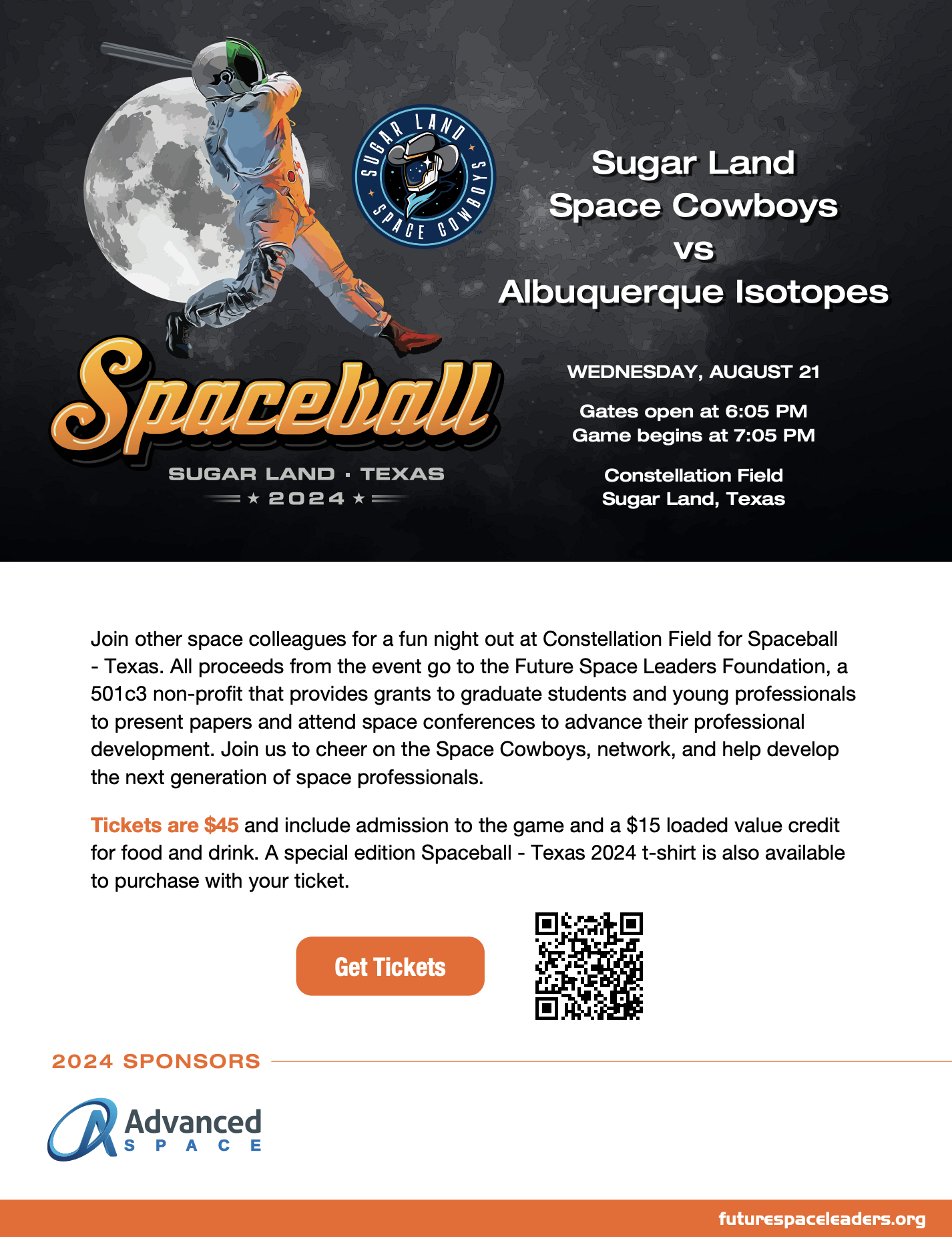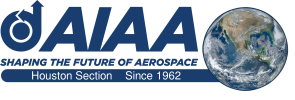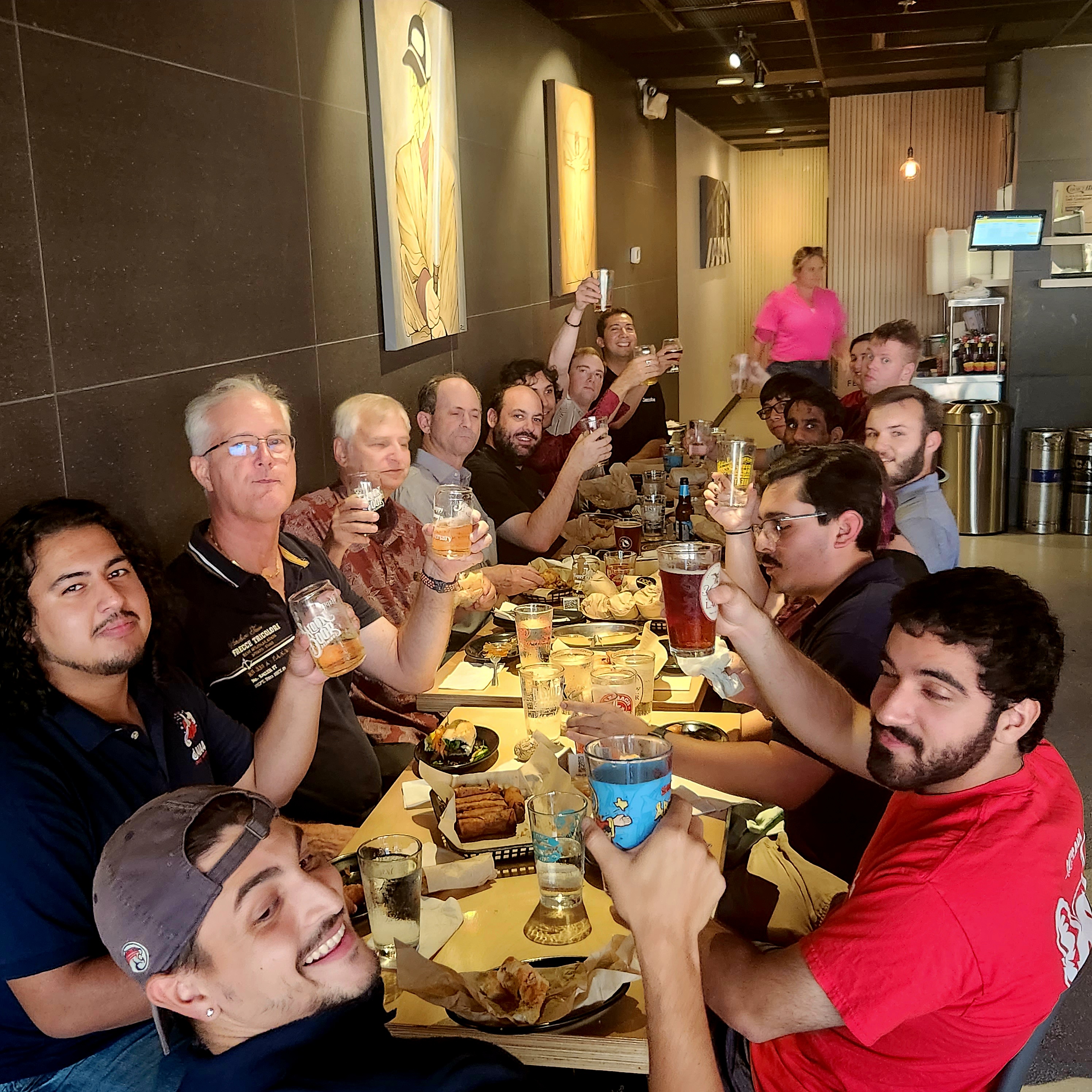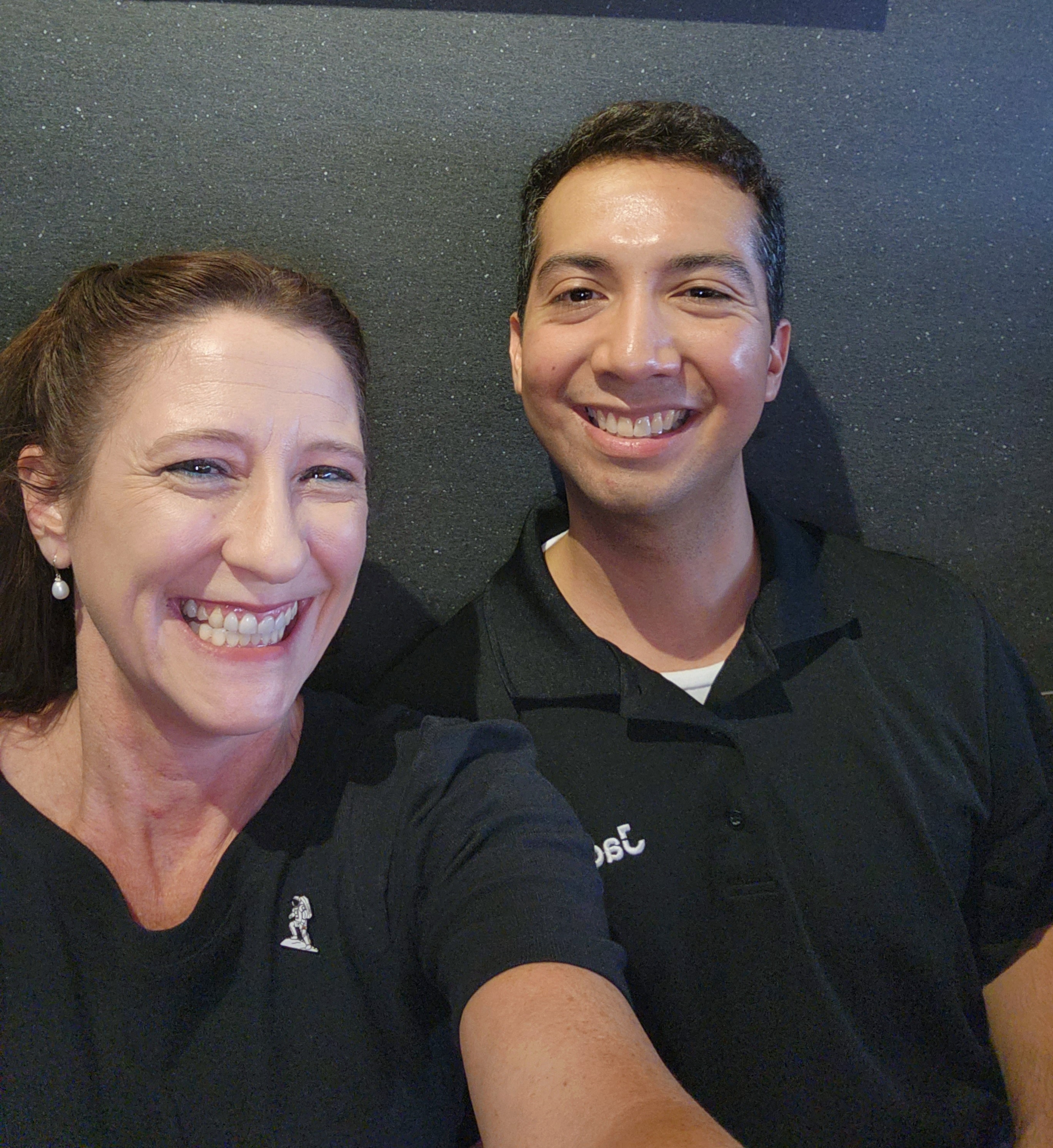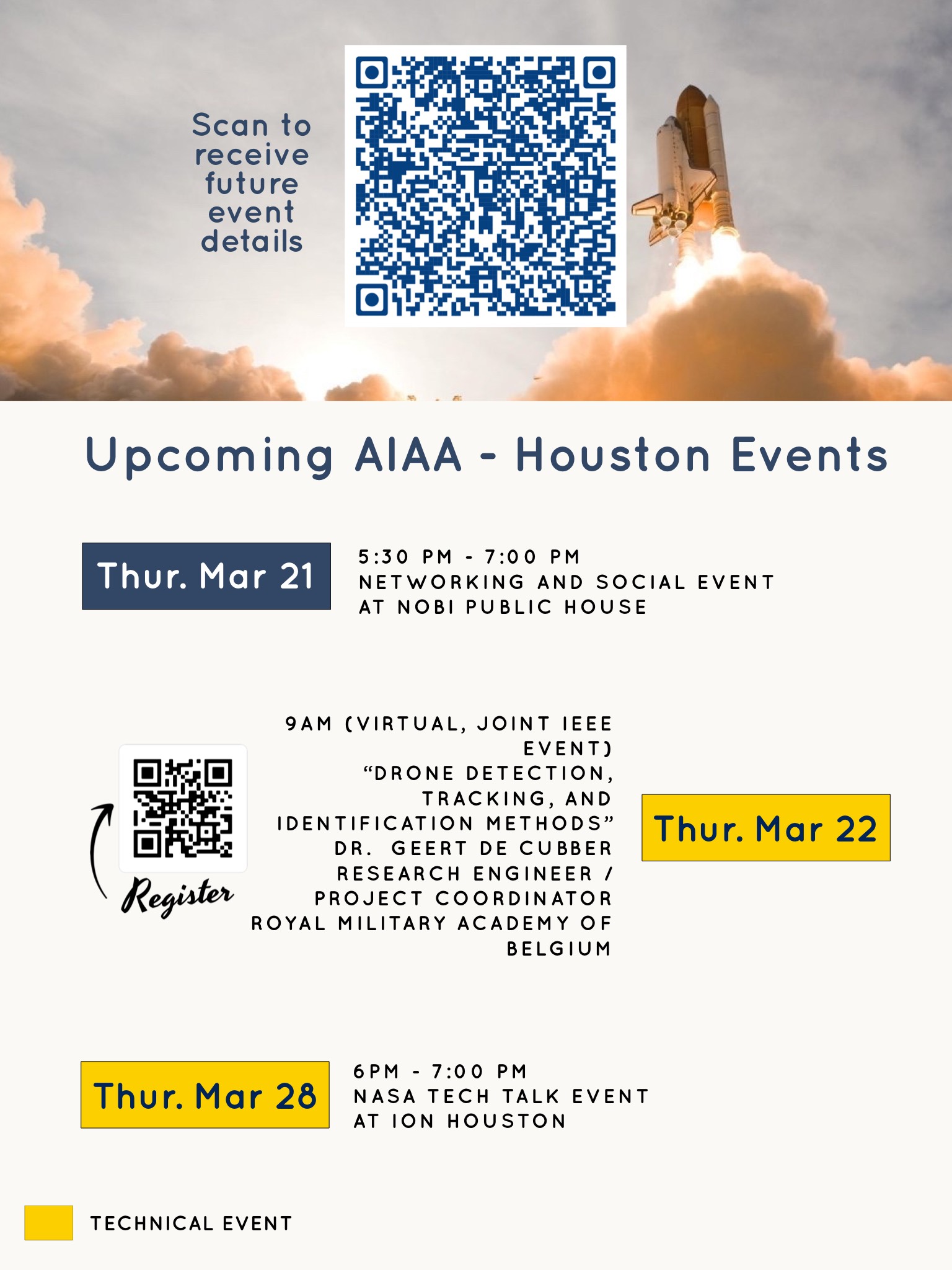Join AIAA Houston Section for a hybrid Lunch & Learn event with special guest Dr. Albert Allen Jackson IV, this Friday
April
26th, 2024 at 11:30 CST in person and over Google Meet.
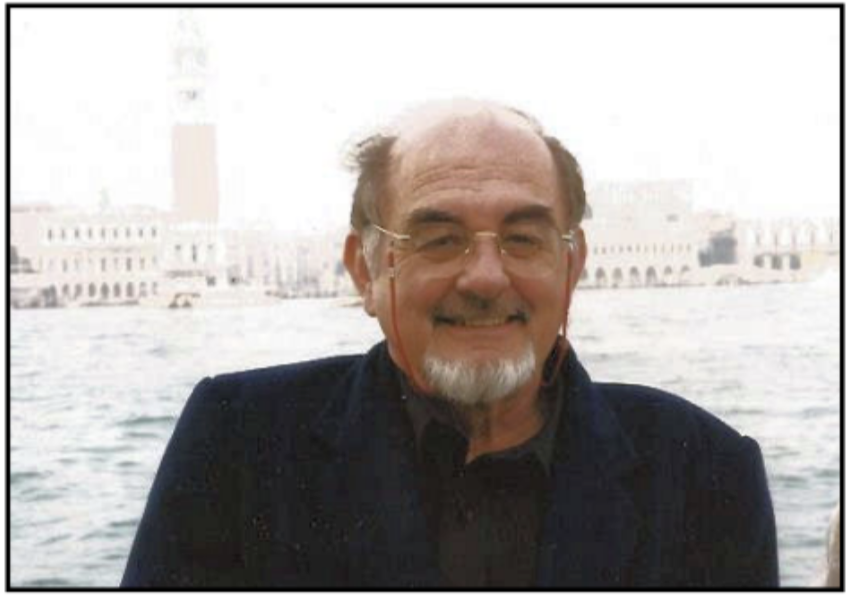
Sign up to attend: Lunch-n-Learn Sign UP
“The Interstellar Ramjet: A Technical History”
In 1960 Robert Bussard published a solution to the mass ratio problem for interstellar flight. He laid out
the design of a starship that scooped interstellar hydrogen compressed it in a fusion reactor, extracted energy
and produced thrust. The process is similar to a terrestrial ramjet.
Bussard outlined the propulsion method, presented the equations of
motion and made general assessments of performance and
propulsion efficiency.
Sagan suggested magnetic ‘scoops’ for collecting working
matter from the interstellar medium. Fishback in 1969 calculated
important limitations on the ramjet magnetic intake and quantified
drag and radiation losses for the ramjet.
Fishback showed there was a limiting Lorentz factor for an
interstellar ramjet imposed by the material properties of the scoop
source.
Tony Martin expanded Fishback study and made some
important observations. The main problem with the concept was
using proton-proton reactions for fusion, this proves very difficult.
In 1975 Dan Whitmire made progress towards solving the fusion reactor problem of the interstellar ramjet
by noting that one could use the CNO process rather than the PP mechanism as method of fusion operation.
Bond and Jackson suggested alternative ramjet operation using augmentation. An alternative to the
Bussard Ramjet was presented in 1977. The Laser Powered Interstellar Ramjet, LPIR. This vehicle uses a
solar system-based laser beaming power to a vehicle which scoops interstellar hydrogen and uses a linear
accelerator to boost the collected particle energy for propulsion bypassing fusion reactor problems.
Link:
https://meet.google.com/iyr-kzbv-pbc
More phone numbers: https://tel.meet/iyr-kzbv-pbc?pin=9178300833796
Or dial: (US) +1 314-474-3017 PIN: 913 841 786#
Hope to see you there!
AIAA Houston Section
